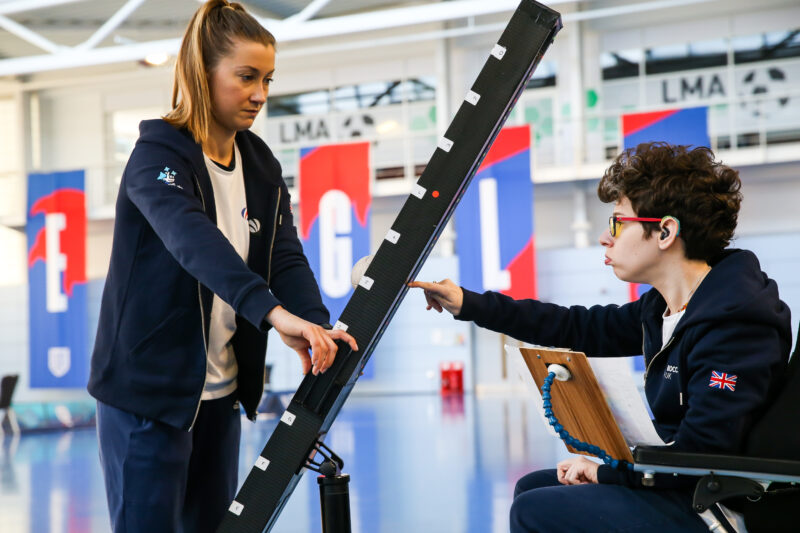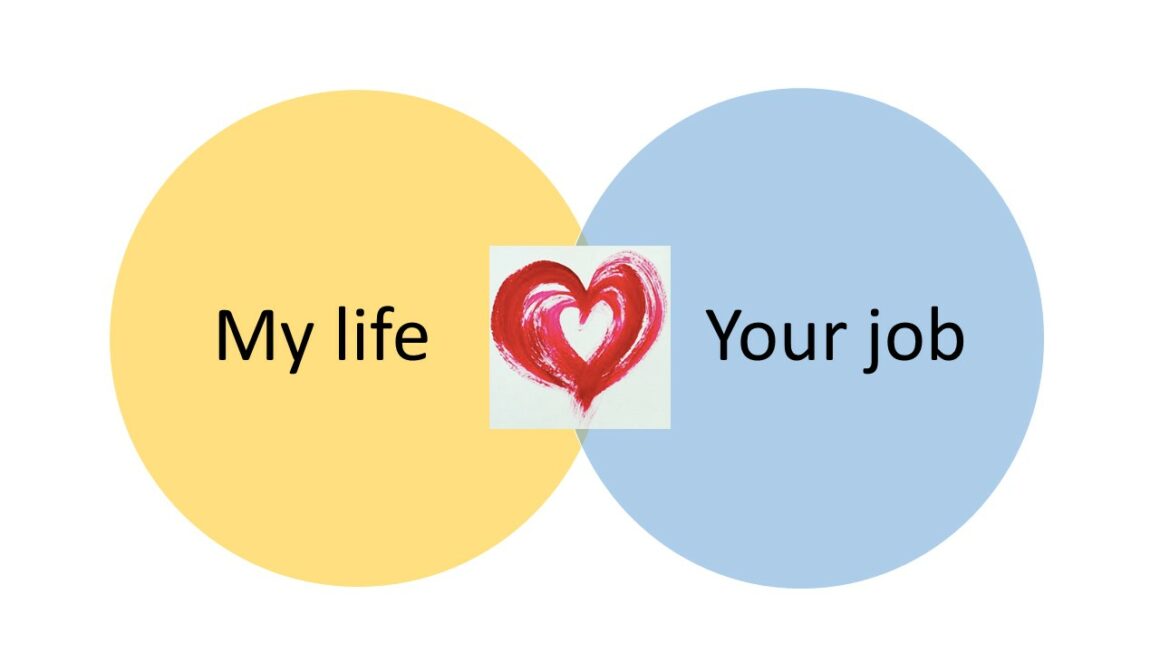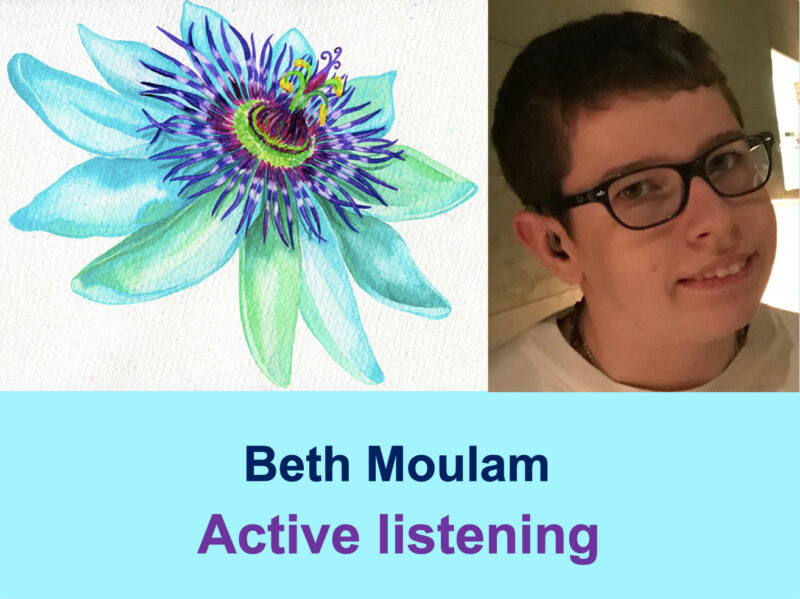The way in which each of us leads others has to be down to personal style. I try to bring this into our new relationship from the very first time I meet a potential member of my team. Here I’m outlining my thoughts and ways of working, which are probably not textbook. Hopefully, it will give you food for thought in managing your own team.
I’ve built my own style of working around 6 hard-learned principles:
- Teamwork is a collaborative approach in everything we do.
- Empowerment is a mutual goal, not just for me but for the rest of my team too.
- Remembering everyone is an individual, with their own personality and needs.
- Even when things appear to be going well never be complacent.
- Regularly reflect on life and the way in which we work together as a team.
- Life has to be enjoyed, we are only here once, so let’s have fun together.
Start the way you mean to go on when managing your own team
In my blog, you will find articles about my recruitment process. What I didn’t say there was that I see the first interview as an opportunity to begin training. During the selection process applicants hear me use my natural voice. An existing personal assistant models good communication by repeating what I say. Then they get to see and hear me using my communication aid, and my personal assistant demonstrates active listening skills. Further down the line during the interview process we have a shadow shift. This is the chance for the candidate to demonstrate what they have picked up. I’d expect to see them mirroring the skills they will have observed. Plus this session allows them to observe more in-depth modelling of good communication and support techniques.
Collaborative teamwork

Credit: Getty Images
Building a solid working relationship is paramount. Not only must our personalities gel. We also have to trust each other for our team work to be successful. I would no more expect a team member to tell me what to do than expect them to undertake something new without us discussing it first. A very old-fashioned saying is ‘do unto them what you would have done unto you’. And, yes, I believe in this, treating people the way you would want to be treated is essential when you are managing your own team.
I also talk about this on my leadership pages. Collaborative teamwork in my book doesn’t mean telling people every little thing, I work with my team so we anticipate together what I want to do next. Just like in sport a well-practiced team often makes difficult moves look easy.
Empowerment is a mutual goal
As we build our relationship then I don’t want or need to direct everyday routine activities. My personal assistants want to know that because I trust them to do a good job. There are tasks they can just do on my behalf, whereas others we would discuss together. For instance, I’m not a backseat driver either in my van or at home. I don’t want to micromanage, I just expect to give feedback for a job well done.
 One of the ways we do this in my life is that I love menu planning, deciding what to eat and when. But I find it difficult to check out the fridge, freezer and store cupboards. Team members take the recipes I want and write the shopping lists based on what is needed. This doesn’t mean we don’t sometimes make mistakes like ordering the wrong size cheese. (Good job I love brie). But they let me know what we need to order in. I agree, and then they process the online order on my behalf. I receive the online notification and email receipts so I still have oversight of the whole process, but trust them to do this job for me.
One of the ways we do this in my life is that I love menu planning, deciding what to eat and when. But I find it difficult to check out the fridge, freezer and store cupboards. Team members take the recipes I want and write the shopping lists based on what is needed. This doesn’t mean we don’t sometimes make mistakes like ordering the wrong size cheese. (Good job I love brie). But they let me know what we need to order in. I agree, and then they process the online order on my behalf. I receive the online notification and email receipts so I still have oversight of the whole process, but trust them to do this job for me.
Understanding individual team members matters
Team members know 99% of stuff about me, it is hard not to know things when you are living your life alongside me. When our relationships work well then it is about me understanding what the individual needs of each personal assistant are. That might include knowing about their family life, their sport or their passions, just like with a friend. This helps me to understand when things in their lives might be going well, or not so well. It allows me to show empathy and understand how that might impact their work performance and our relationship.
How we influence each other on a daily basis
Part of our training includes discussing some workaround transference. Transference is the process of how thoughts create feelings, feelings create behavior and behavior reinforces thoughts. It’s a cycle that means if we are having a bad hair day, or have something on our minds, it affects those we are working closest with. For instance, if I’m on top of the world due to an international selection my excitement will rub off on others. But if a team member has had bad news about a family member, and it plays on their mind then without them intending to that will affect me too.
Relationships matter
Of course, there has to be guidance or limits when you are managing your own team because personal assistants are employed to do a job. They are companions, we have a friendship with boundaries when they are work. They might be as close as friends when they are at work, but they always go home, and then they are not on duty. When managing your own team we need to remember that they are paid to deliver against a set of specific expectations. If things go wrong for some reason we have to be able to stand back to take whatever is the necessary and appropriate action. When at work they are living my life with me and it is not me living their lives.

Never be complacent
I’ve learned the hard way never to assume things are going well. We have a process of regular reviews with team members. But we also expect if someone has something on their mind, me included, that we should share this. Over 8 years of employing a full-time team I have come to recognize that there will always be staff changes. Often for reasons not directly to do with a team member, me or the job. Because everyone is an individual and because everyone is impacted by many factors, many that are outside of our own sphere of influence, then we can expect the unexpected. Over the years this has taught me to be resilient. Team members will come and go, some will stay longer than others, but that is life. The internet suggests that the average time millennials expect to stay in a job is just 2 years (most of my team and I fall into this age group).
Managing your own team – creating a sense of belonging and value
This means working hard on fostering loyalty and retention, I try to do this by ensuring personal assistants feel valued and rewarded. People like to know what is expected of them, and receive feedback that they are achieving. For me it is key I ensure they get good training to do the job. As a ‘small’ employer we have to be creative in how we deliver this. Over time we have found the best way is a mixture of methods to suit the topic. This goes from undertaking online courses, informal sessions with me, and sometimes Mum or another PA, through to formal training sessions. We want to enhance the skill set of each individual so they all work in the way I need. Sometimes this is delivered to the whole team, and at other times with individuals. We might bring in a professional. One great day was teaching everyone to control a skidding vehicle. It might sound just like having fun but since they all drive me the length and breadth of the country it is an essential skill.

Please ask me if you want to find out more.
Over time I’ve developed not just induction training plans but a series of modules. Each new team member either works through these individually, or receives more formal training.
Reflecting regularly on life and working as a team
I have doubling-up in my team for some activities, this means room sharing when people go away with me (for the personal assistants, and with GB for me and my sports assistant). It’s important to understand individual needs, routines and ways of working so everyone gets the time and space they need to perform to the best of their ability. We’ve developed a way of working where everyone pulls together, but team members might have different roles when we are away for sport. The importance is that no one holds back and waits for others, or to be told what to do. This doesn’t happen without creating the right environment, being open and having ongoing discussions to ensure we share experiences.
And finally, enjoy life and have fun
Laughter makes my world go around. Although not always 24/7! I also need peace and quiet at times, Such as when I want ‘me time’. But in general we all need to enjoy life to be fulfilled. This means I want my team to relish being at work with me so I can appreciate spending time with them.
Take a look at my leadership skills page for more information about managing your own team, including recruitment.


If you found this interesting or
helpful please feel free to share.